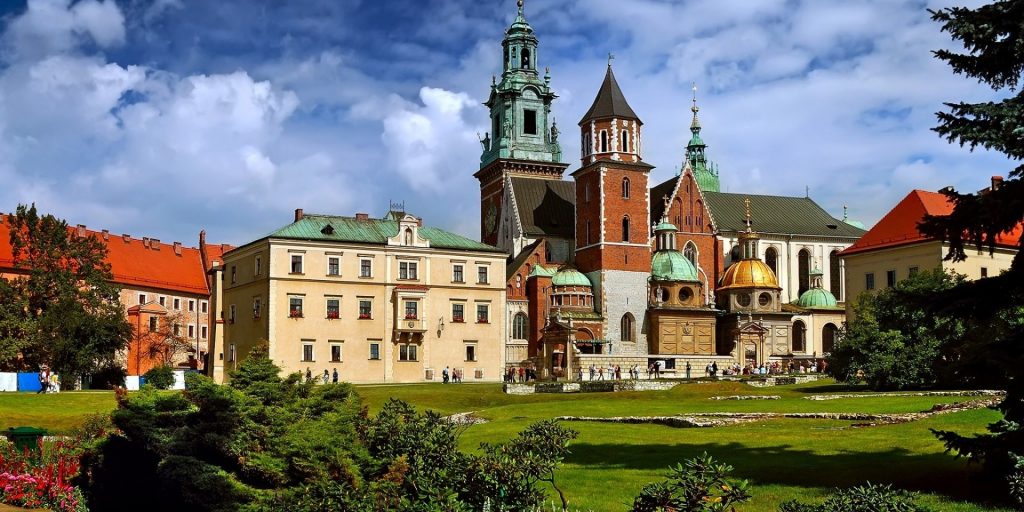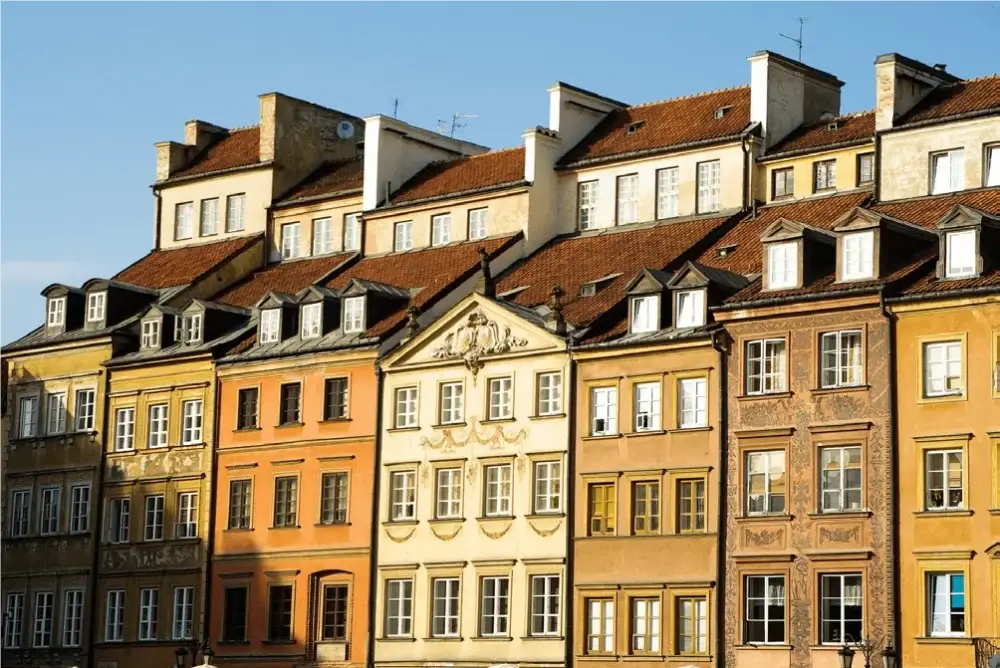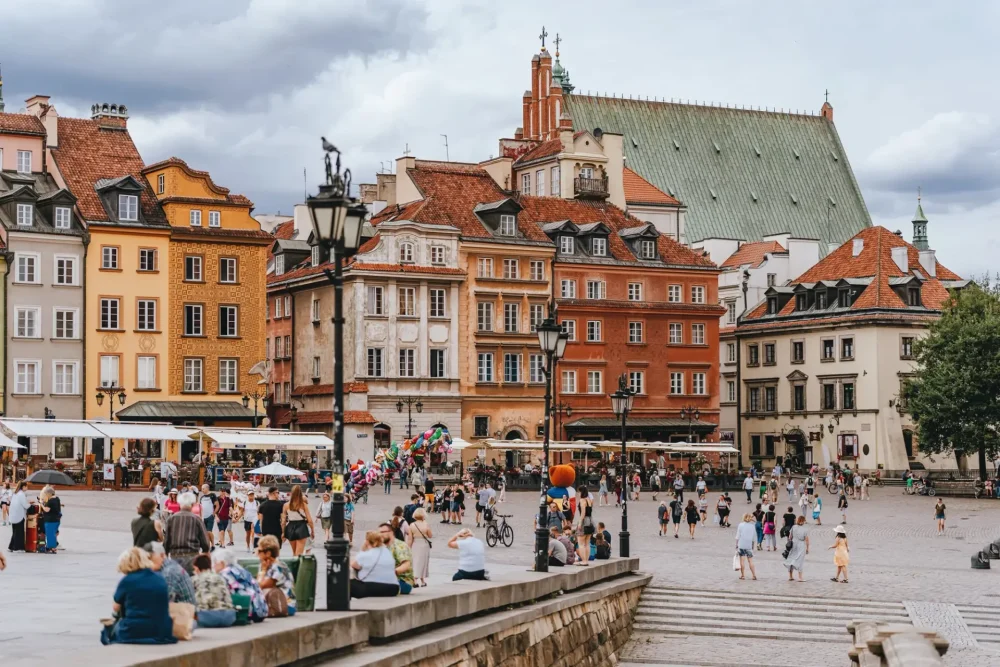Poland has changed borders, constitutions and regimes many times, but the question “how to obtain Polish citizenship” has always remained relevant. Today, in 2025, the laws have simplified the procedures but tightened the requirements. In order to obtain an EU passport, not only certificates are important, but also a competent approach.
Law through roots: the origin and map of the Pole
Nationality remains the shortest route to citizenship status. The law provides for the possibility to prove descent through the line of parents and grandparents. Having archival evidence of the Polish nationality of ancestors gives access to the Pole Card, a key document that significantly speeds up the processing of civil status.
In 2025, the card gives a free visa, a simplified residence permit and after one year – a permanent residence permit with the right to apply for citizenship. It is important to prove not only kinship, but also cultural connection: language, history, participation in the diaspora. Without this, you will be refused, even if you have the documents.
Polish passport through marriage: myths and realities
 Union with a Polish citizen does not automatically guarantee a passport. The law requires cohabitation in the country for a minimum of two years for residence permit, followed by another year for permanent residence. Registration of marriage abroad is not enough. It is important to reside in Poland, maintain a common household and be prepared for inspections by the Voivodeship Office. Fake marriages are detected with astonishing accuracy – up to 75 per cent of applications are rejected for this reason.
Union with a Polish citizen does not automatically guarantee a passport. The law requires cohabitation in the country for a minimum of two years for residence permit, followed by another year for permanent residence. Registration of marriage abroad is not enough. It is important to reside in Poland, maintain a common household and be prepared for inspections by the Voivodeship Office. Fake marriages are detected with astonishing accuracy – up to 75 per cent of applications are rejected for this reason.
Birth in the territory: right of place
Being born in Poland does not always give grounds for a passport. Unlike the United States, the country applies the principle of jus sanguinis – the right of blood, not territory. But a child born to parents with permanent residence permits is eligible to apply for Polish citizenship.

If one of the parents is a citizen and the other is a foreigner, the child automatically receives citizenship status. At the same time, the system of dual citizenship status is allowed, which is favourable for families with an international composition.
Accommodation: a path through stability
Long-term legal residence is the most predictable way. First, a temporary residence permit (2-3 years), then a permanent residence permit, and only then an application for citizenship. According to statistics, in 2024, more than 35% of newly minted citizens followed this route.
The main thing is not to interrupt legal residence and fulfil tax obligations. How to become a Polish citizen in this case is a matter of discipline. The voivode takes into account not only the length of stay, but also the level of integration: language, work, participation in society.
How to obtain Polish citizenship through real estate
Investments in Polish real estate do not grant automatic citizenship, but provide a platform for legalisation. Buying a flat worth €150,000 or more in Warsaw or Krakow allows you to obtain a long-term visa based on rental income. After five years – the opportunity to apply for permanent residence, then – to get a Polish passport.
It is important not just to buy housing, but to confirm sources of income, pay taxes, and register a rental business. This approach is favoured by the state because it contributes to the economy.
Stability and tax discipline
Official employment in Poland opens the way to permanent residence and then to citizenship. The employer applies for a permit, after which a temporary residence permit is issued. In case of continuous employment for 5 years and compliance with all tax regulations, the right to apply for Polish citizenship appears.

Highly qualified specialists get an advantage – for them the period can be reduced to 3 years. IT experts, engineers, doctors and teachers of technical universities are particularly valued. Knowledge of the national language and availability of housing are also taken into account. Dismissal, relocation or breach of contract automatically resets the “years counter”.
Language as a tool for integration
Polish legislation treats language not as a formality but as a key indicator of integration. Regardless of the grounds, every candidate is obliged to pass the state examination in Polish at the B1 level. The only exception is for persons who have been educated in the country.
In 2024, the rejection rate due to failure to pass the language exceeded 22 per cent. The problem is not grammar, but the inability to conduct a lively dialogue. The Commission does not test theory, but everyday speech, communication skills and understanding of Polish culture. Without a confident command of the language, the question of how to obtain Polish citizenship becomes a dead end.
Humanitarian and exceptional cases
The Minister of the Interior is authorised to grant individual citizenship status. Cases concern refugees, figures of science, sport and culture. For example, in 2023 a foreigner was granted citizenship for his contribution to the development of Polish neurosurgery. Such exceptions are not subject to the general rules and cannot be predicted.
Naturalisation under a simplified procedure is also possible for citizens of Ukraine, Belarus and Georgia. But even in these cases language, residence and legal status are mandatory.
How to obtain Polish citizenship in 2025
The candidate must pass a final background check before submitting the paperwork. The Voivodeship Office evaluates:
- Having a legitimate source of income;
- no criminal record;
- full fiscal discipline;
- level of integration;
- housing or long-term leases.
If all conditions are fulfilled, the decision takes from 3 to 12 months. Refusal is possible even if all formalities are fulfilled – Polish citizenship is not included in the list of automatic rights. It is a discretionary decision of the state.
Conclusion
 Citizenship status is not granted formally. Each case requires a real connection to the country – through origin, residence, work or culture. The law becomes stricter but remains accessible with a clear strategy. It is important not to look for loopholes, but to choose the right path and follow it to the end. How to obtain Polish citizenship is a matter of engagement, not formalities.
Citizenship status is not granted formally. Each case requires a real connection to the country – through origin, residence, work or culture. The law becomes stricter but remains accessible with a clear strategy. It is important not to look for loopholes, but to choose the right path and follow it to the end. How to obtain Polish citizenship is a matter of engagement, not formalities.
 en
en  de
de  ar
ar  es
es  nl
nl  hi
hi  fr
fr  it
it  pt
pt  el
el 











